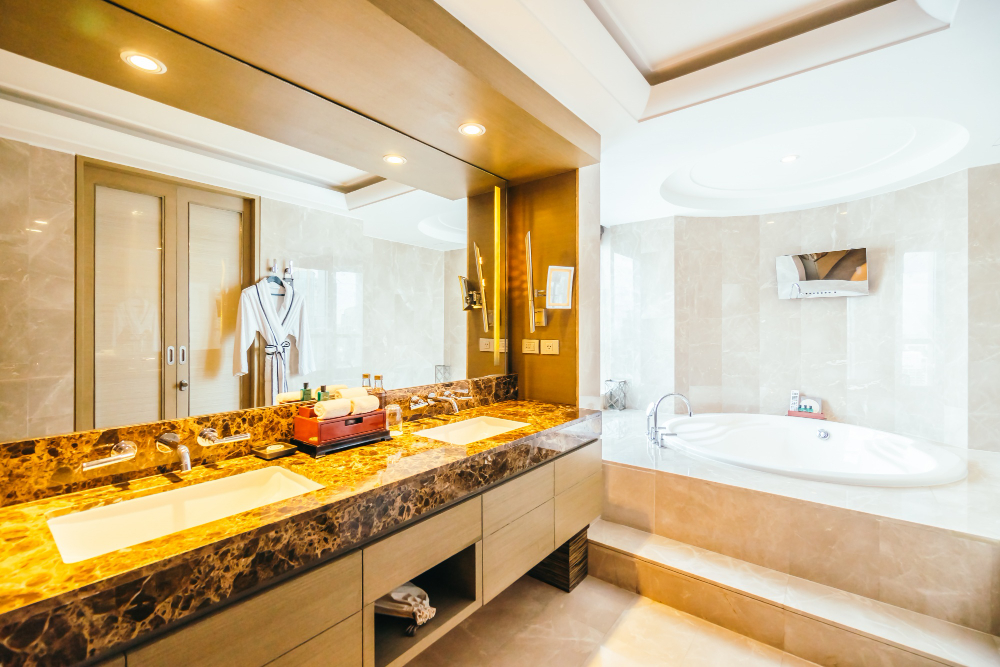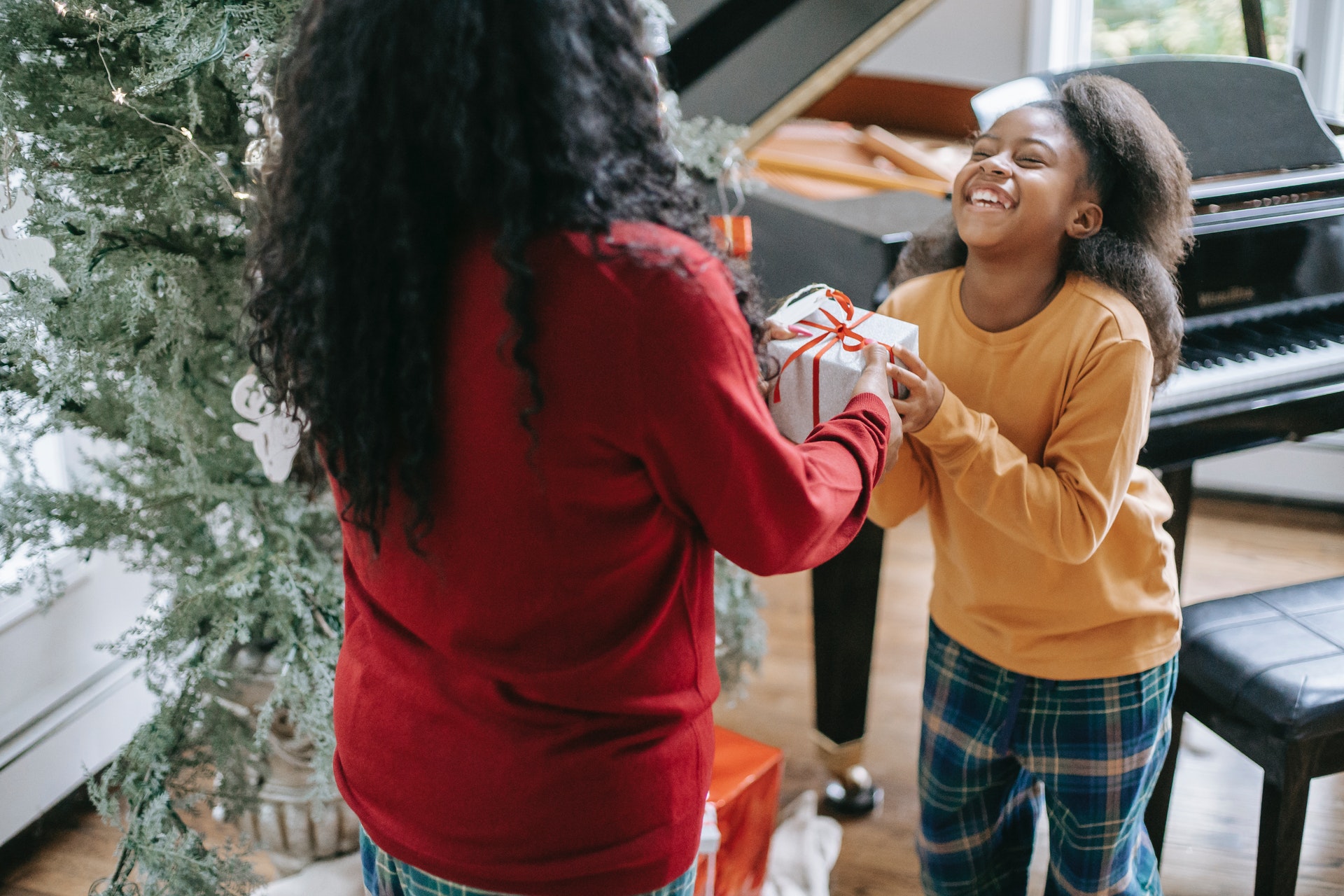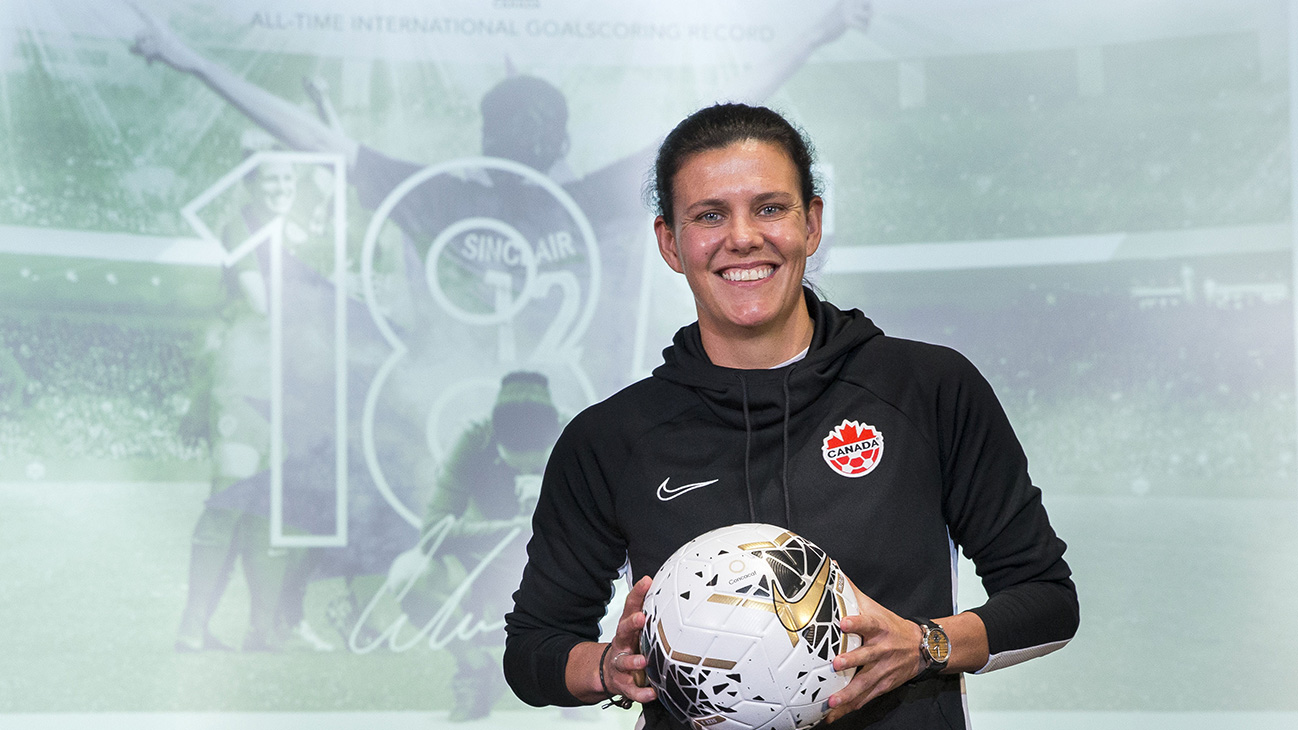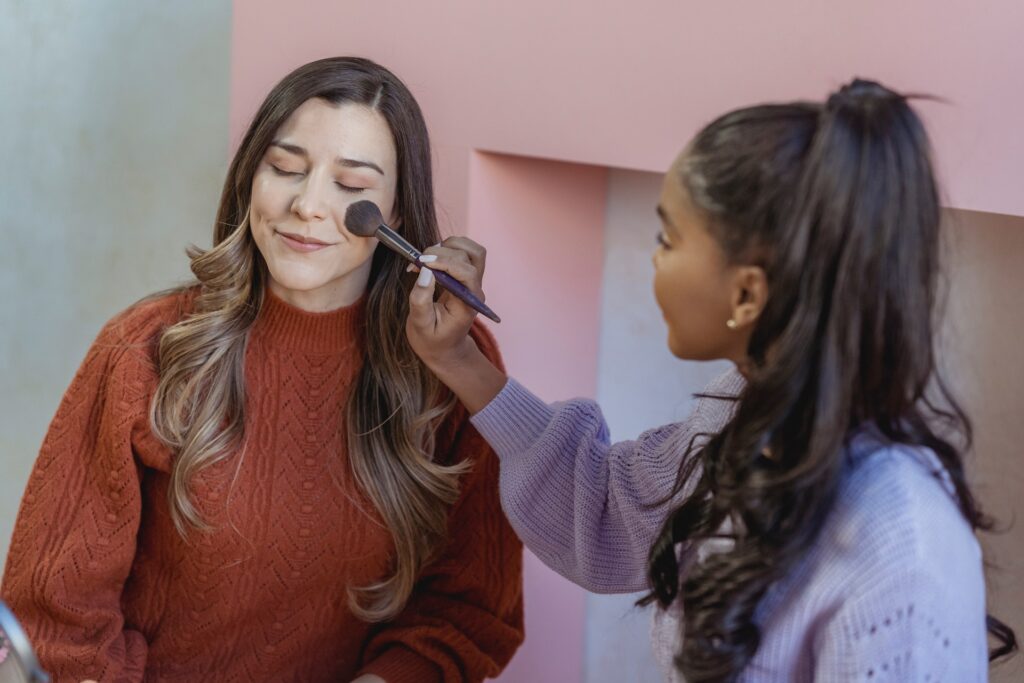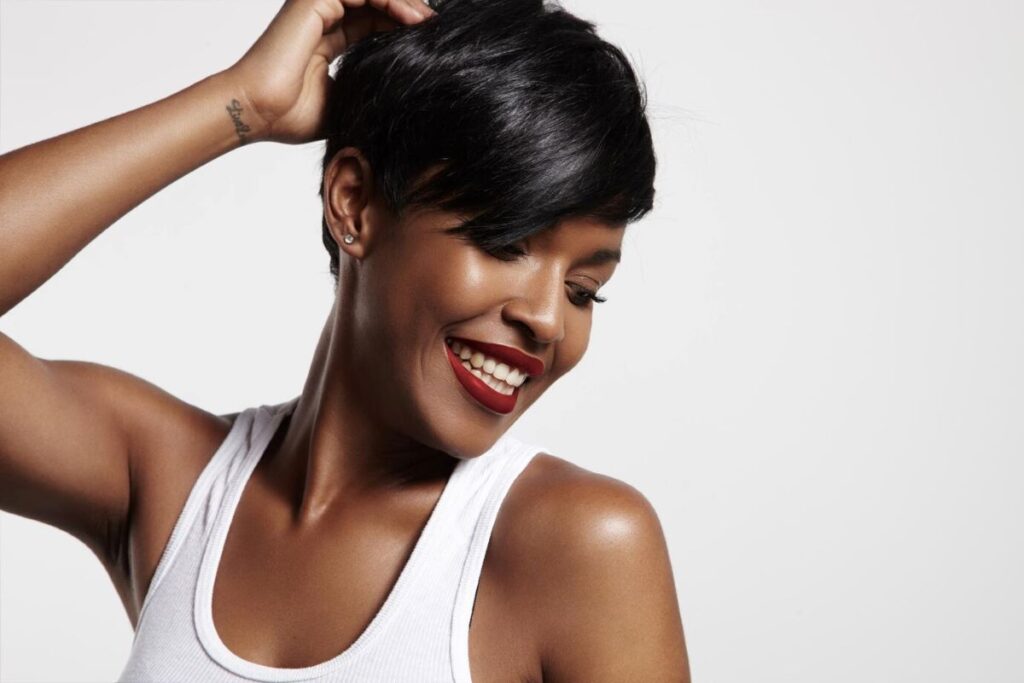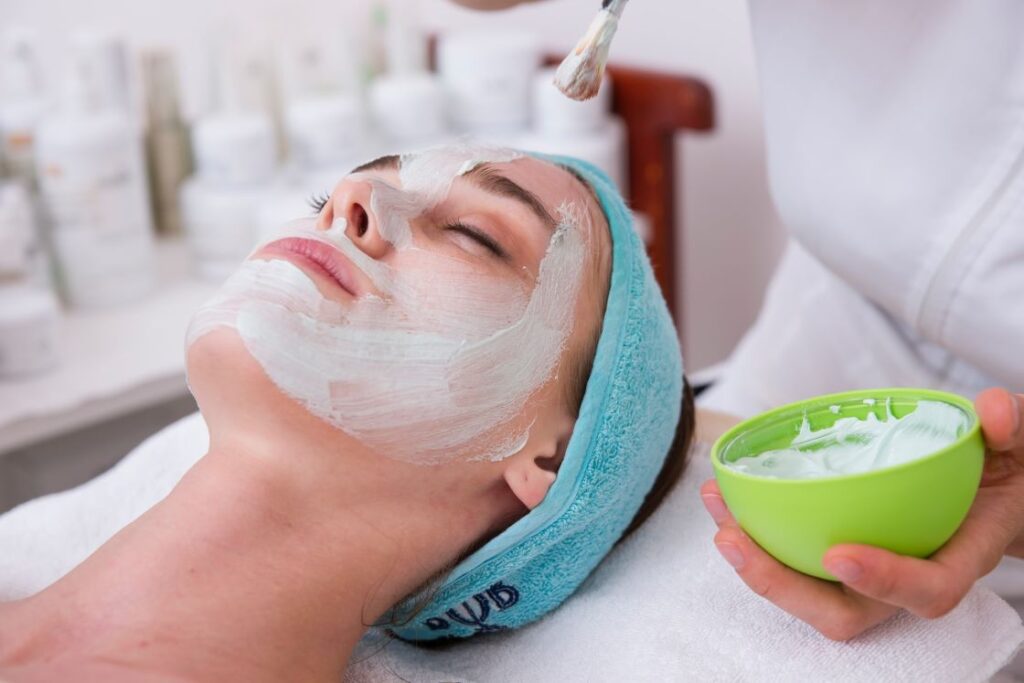Fenty Beauty
Rihanna’s cosmetic line, Fenty Beauty, dropped in September 2017 and was the first of its kind to launch with 40 shades of foundation. Built on the fundamental notion of inclusivity, the brand drove a shift that saw countless others follow suit, such as Lush, ColourPop and Dior. For years prior, big-name products had largely failed to cater to the full range of skin types and tones. Still, Fenty Beauty blew the space wide open, forcing the industry to emerge from behind a wall of pale-faced models and to re-evaluate the way it designs, markets, and sells products.
Milk Makeup
Founded by the owners of New York City-based Milk Studios, Milk Makeup is an industry leader when it comes to both inclusivity and clean, ethical products. Spanning from makeup to skin care, everything is 100 per cent vegan as well as paraben- and cruelty-free. Moreover, all of the company’s lines are Leaping Bunny certified, meaning Milk Makeup does not participate in animal testing. Not only that, but the company has also pledged to blacklist 2,500 ingredients deemed to be controversial.
Milk Makeup is also widely recognised for having its finger on the pulse when it comes to consumer behaviour, appealing to a customer base whose concern for ethical practices comes first. For example, back in 2017, they launched their highly acclaimed “Blur the Lines” campaign in collaboration with Very Good Light, an online platform geared towards redefining masculinity. The campaign, centred around individualism, featuring various models of wide-ranging gender identities addressing the role makeup has played on their path to self-expression. Check out the campaign here.
Orly
In 2016, Orly, a well-known North American nail polish brand, launched a halal-certified nail polish, known as Halal Paint, in conjunction with MuslimGirl.com. In Muslim tradition, wearing nail polish interferes with the religious practice known as wudu or ablution, a ritual cleansing undertaken in preparation for prayer. The practice requires that your face, head, hands, arms, and feet are touched by water. Regular nail polish blocks water from reaching the nails, so Orly developed a permeable line of nail polish so that water could reach the nail’s surface. The venture proved to be a success in creating and holding a space for Muslims in the beauty world, a demographic that hadn’t been prioritised in the past.
Revolution
Revolution, a UK-born beauty brand, launched the #CreatorRevolution campaign earlier this year in partnership with TikTok to encourage young makeup artists to showcase their skills. The winner, to be chosen in October 2021, will be given $100,000 to create their own line for Revolution, becoming a member of TikTok marketplace. It’s 2021’s answer to a beauty pageant, only this time everyone is welcome. TikTok is the perfect platform for this type of campaign because it caters best to fledging artists rather than those with a well-established base. In other words, upon entry, those creators become the beating heart of the Revolution brand.
Rachel Goodman | Contributing Writer

